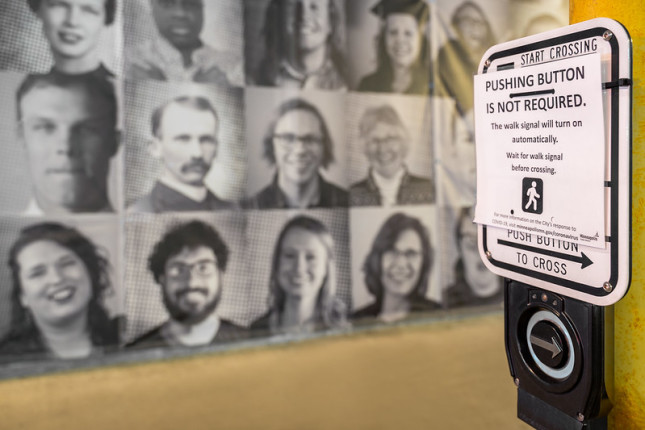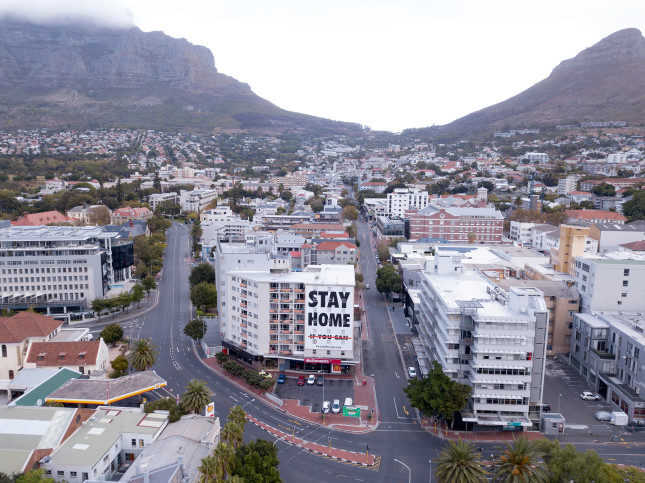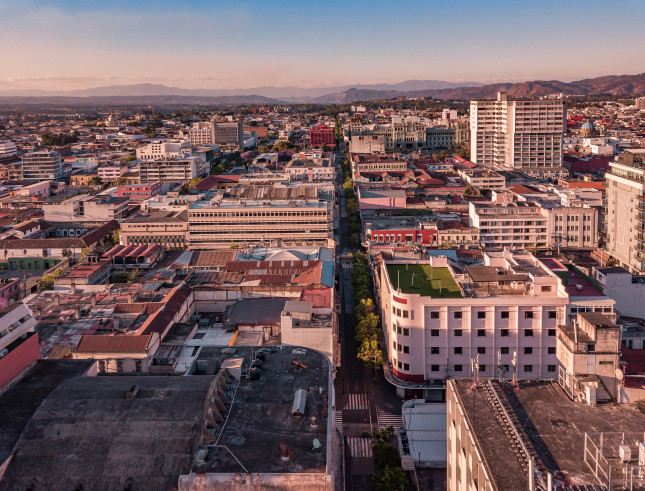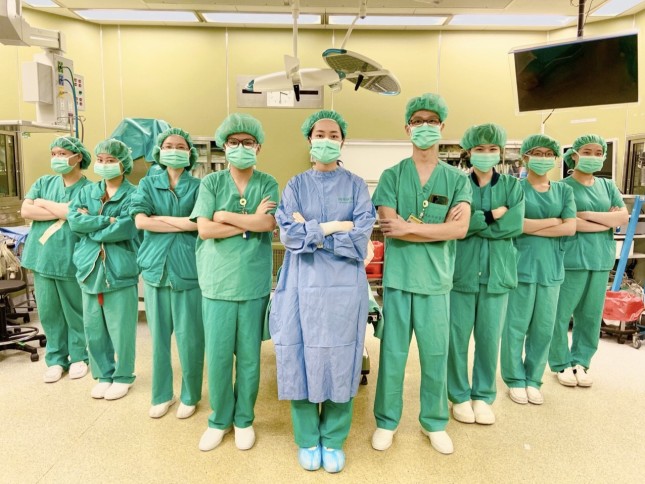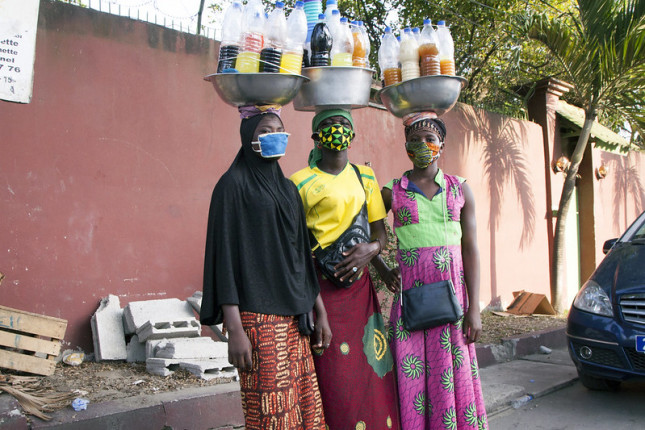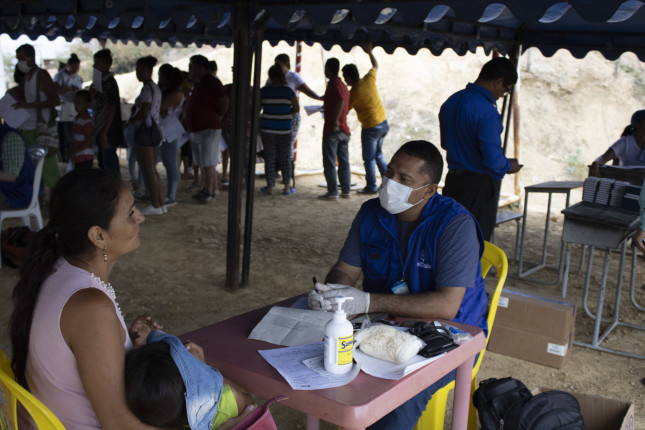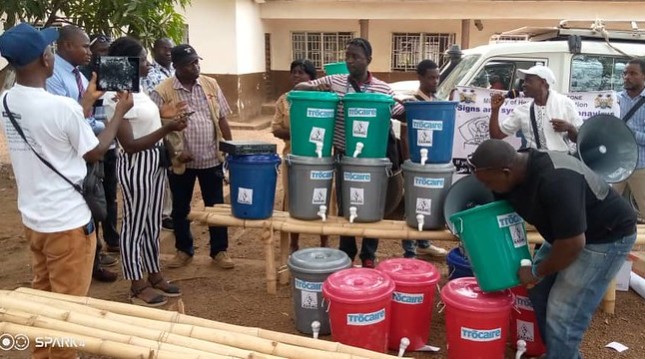-
Pandemic of Violence: Protecting Women during COVID-19
›Covid-19 // Dot-Mom // From the Wilson Center // May 27, 2020 // By Anya Prusa, Beatriz García Nice & Olivia Soledad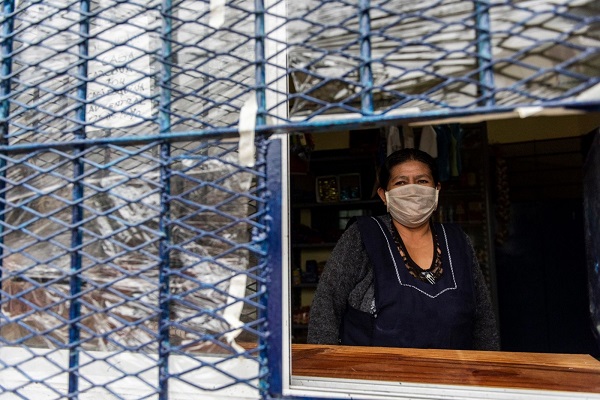
COVID-19 is having a profound impact on Latin American women. Gender-based violence increased drastically after governments imposed lockdowns, leaving policymakers and law enforcement scrambling to prevent attacks. Latin America was already one of the most dangerous regions for women, with the highest rate of sexual violence and some of the highest femicide numbers in the world. The Economic Commission for Latin America and the Caribbean registered 3,529 femicides in 2018, or one woman killed every two hours due to her gender. For many women living through the coronavirus pandemic in Latin America, the greater health risk might be staying home.
-
Population Age Structure: The Hidden Factor in COVID-19 Mortality
›
Until several months ago, demographers regarded a youthful age structure as an unequivocally detrimental demographic characteristic. Where more than half of the population is younger than age 25, countries are unable to attain high levels of economic and human capital development and face an increased risk of some forms of civil conflict. Yet, so far, during the ongoing pre-vaccine stage of the COVID-19 pandemic, the most age-structurally mature countries have been hardest hit by the disease. These countries are generally urbanized, wealthy, well-educated, and include a large proportion of seniors. And, somewhat surprisingly—despite being equipped with advanced medical technologies—these countries are experiencing the highest rates of mortality from complications related to COVID-19.
-
Urbanization in the Age of Pandemic
›
Late last year, what is thought to be a bat-associated coronavirus infected humans in Wuhan, a city of 11 million in China, possibly after a stopover in illegally traded pangolins—setting off a global pandemic. This kind of thing has happened before—with AIDS, SARS, and MERS, for example. Much remains unknown about the biology of COVID-19, which is alarmingly communicable by people with few or no symptoms. But an epidemic is only part biology. It is also driven by cultural factors, and urbanization is a crucial aspect. As sites of large gatherings and dense living conditions, cities offer the perfect settings for the spread of infection, yet their role seems to have often gone unremarked in discussions of the pandemic.
-
Humanitarian Challenge: Amping up Urban Response to COVID-19 in Central America
›
On May 6, Médecins Sans Frontières (MSF) announced it had started to treat COVID-19 patients in Tijuana, in northwestern Mexico. Tijuana, which is on the border with San Diego, has the greatest number of cases in Mexico and one of the highest death rates.
“We will be providing support to health institutions [by] relieving the hospital burden in Tijuana,” said Maria Rodríguez Rado, MSF’s COVID-19 Emergency Response Coordinator in Mexico, according to the group’s website. “Through this support, we want to relieve the enormous workload of health workers who are responding to this pandemic and help alleviate the suffering of patients.”
The move is welcome. Across Central America, megacities such as Guatemala City, Tegucigalpa in Honduras, and Managua in Nicaragua are vulnerable to the rapid spread of COVID-19.
-
Strengthening our Health Systems Means Giving Voice to Women Leading the Nursing & Midwifery Professions
›
Since the onset of the pandemic, nurses and midwives have been asked in some facilities to work without personal protective equipment. Nurses have been sent home and lost their jobs simply because they insisted on following evidence-based practices, such as wearing masks. Some question whether the masks, gloves, gowns, and other commodities in short supply are more important than nurses who question the ethics of showing up when essentials aren’t available.
-
COVID-19 Shines Spotlight on Race and Gender Inequities in Healthcare
›
“While COVID-19 has wreaked havoc the world over, history has proven, and recent data agrees that the hardest hit will be the world’s women and girls and populations already impacted by racism and discrimination,” said Sarah Barnes, Project Director of the Maternal Health Initiative and Women and Gender Advisor at the Wilson Center, at a recent event on the impact of COVID-19 on race and gender inequities. Coronavirus has hurt women and girls in many ways. Among them, women have been pushed back into the home. And healthcare workers and caregivers who are mostly women are jeopardizing their own health, caring for others.
-
The COVID-19 Pandemic and Vulnerable Populations: A Wilson Center NOW Interview with James Hollifield
›
Refugees and migrants are the most vulnerable and will bear the brunt of the Covid-19 pandemic, said James Hollifield, a Wilson Center Global Fellow, in a recent episode of Wilson NOW. These populations are often already at higher risk due to insufficient water and food supplies, and those confined in large camps are at greater risk of spreading the disease. According to Hollifield, although we have not yet seen the full extent of the damage, “we can see with both refugees and migrants in particular, especially seasonal migrants, that there’s a great danger here of the virus spreading like wildfire in the camps and in the dormitories.”
-
Water for the Most Vulnerable Could Help Stop Spread of Covid-19
›
Development specialists are sounding the alarm. The pandemic will not be stopped unless we provide safe water to the world’s most vulnerable people, according to UN experts. Soap and clean water are part of the arsenal of weapons we can deploy on the frontlines of the battle to halt the virus’ spread. Yet Covid-19 continues to pose an unprecedented threat to more than 2 billion of the world’s poorest people who lack the access to safe water, sanitation, and health services (WASH) needed to protect them during infectious disease outbreaks, according to the World Health Organization.
Showing posts from category Covid-19.


